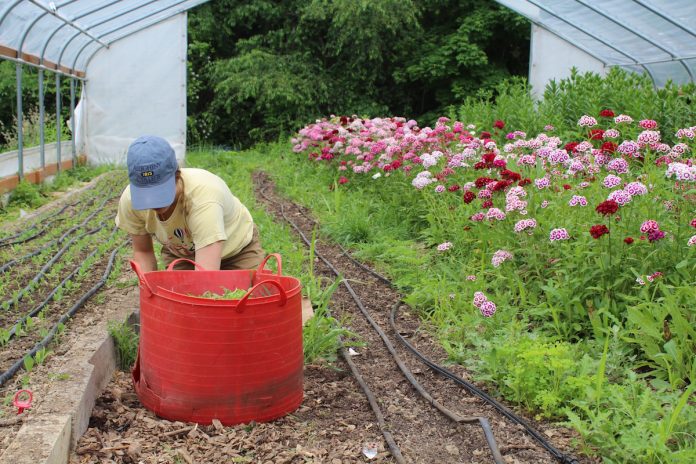
Jodi Danyo had been farming full time for seven years when she had enough. She built Cherry Valley Organics from the ground up, starting in 2001 as an urban farm, in Crafton, a small borough just west of Pittsburgh, under a different name.
When the organic produce operation outgrew that space, she bought land in 2004, in Burgettstown, Pennsylvania. She transitioned out of her off-farm day job as the farm grew and needed her full attention.
“Then, in 2011, I needed to take a break, because, truthfully, we were just turning over staff too quickly,” she said.
Spending the time training people only to lose them after a few years wasn’t sustainable economically or emotionally.
“Continuing to train people is something that draws me to this work. It’s something I find very satisfying. But it’s hard when you have a small team and everyone leaves,” Danyo said.
Ending a dream
We’ve talked a lot about how challenging it can be to get a farm off the ground. But what about keeping it going, after the adrenaline and momentum have gone away?
A big reason is money. Farming isn’t affordable living in the 21st century, said Suzanna Denison, a program manager with American Farmland Trust. She used to direct a Farm Link program in North Carolina. There were a lot of success stories of farms being taken over or started from years zero to five.
“Then after year five, when the burnout comes in, and business starts to get really heavy, the dream is over and it’s a small business,” she said. “They all dropped. They all left. Real life happened. And farming could not afford them life.”
Most businesses are doomed to fail from the start. It’s the nature of the beast. About 80% of U.S. businesses will survive the first year of operation, according to U.S. Bureau of Labor Statistics data. The survival rate drops to just over 50% by year five and around 35% by year 10.
In farming, those rates are about the same. There were 7,178 agriculture businesses started nationally in 1995. By 2020, about 20%, or 1,439, of those original businesses were still operating.
But money isn’t the only thing that ends farm dreams, said Andrea Rissing, a postdoctoral scholar at Ohio State University, who has studied reasons why beginning farmers leave agriculture, in Iowa. Burnout is usually a combination of factors.
The most profitable farm Rissing ever worked with had a fairly large CSA and was grossing over six figures by its third year. But those farmers eventually decided to leave agriculture.
“A farm’s profitability wasn’t actually a very good indicator of whether or not that person would keep farming,” Rissing said.
The factors Rissing identified were less tangible: things like personal satisfaction with the work and support from family and friends were significant.
If your spouse or partner doesn’t like the odd hours and other requirements farming comes with, it’s harder to stay in farming. Having access to healthcare through a partner’s job can help financially, but that doesn’t count for much if your partner isn’t supportive of you farming in the first place. Having a supportive mentor and prior farm experience is also important, Rissing said.
Danyo started her farm with her husband. They got divorced in 2011, leaving her on her own, but it made her more determined to create a different labor model for her farm.
“I know that there’s a lot of family farms out there run by husband-wife teams and generational family members,” Danyo said. “That just wasn’t in the cards for me. But I just wanted to farm. The only way I could do it was to have a team of people that are well-suited for the work. And that’s why I’m making investments in their learning and in their journey to becoming growers.”
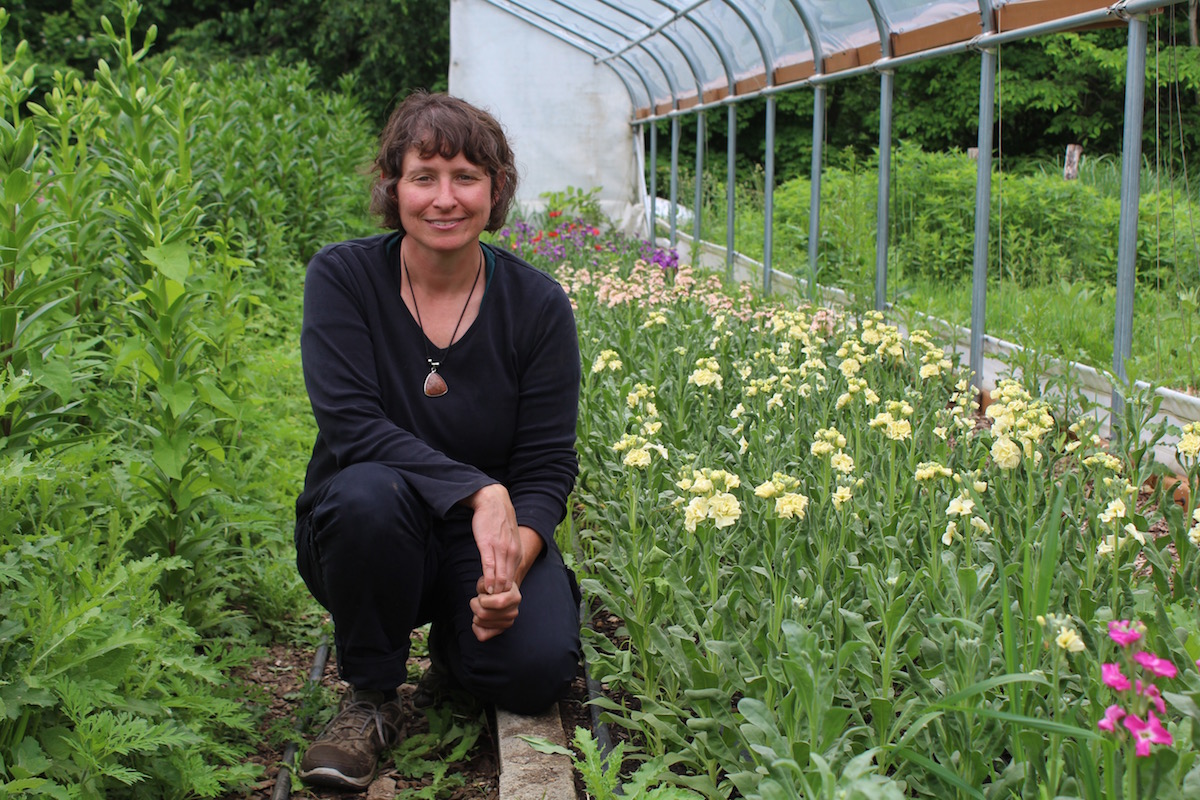
Unbalanced
Jerah Pettibone, of Columbus, Ohio, decided to scale back in 2021, after farming since 2013. Now, she has a personal herd of meat rabbits, makes maple syrup and grows some of her own vegetables and perennial plants.
“I’ve struggled to sort of define myself in the farming community,” she said. “Especially now, when I’m not doing too much.”
As a queer person, Pettibone has often found it hard to fit in with the wider farming community. That isn’t why she left farming, but it did make it harder for her to connect with other farmers and feel like part of the farming community.
“It’s been a little bit of a barrier,” Pettibone said. “Not to point any fingers or say that anybody is bad, but the farming community is certainly very white and very straight.”
Before scaling back, Pettibone’s farm changed through the years. She started out near London, Ohio, running a poultry CSA out of a friend’s vegetable farm and selling at the North Market. After one season there, she moved to the Franklinton area and raised quail. Then, when she moved to her current place in Columbus, she got rabbits and raised different types of poultry. She ran an organic feed co-op pick up for about five years. She has given lectures and, most recently, spoke at Ohio Ecological Food and Farm Association’s 2021 conference about rabbit processing.
There are a few reasons Pettibone decided to pull back. She is disabled, and traditional farming infrastructure was a struggle for her to work with the entire time. She also realized how important a healthy work-life balance was to her — and how common it was for farmers to not have that balance.
“There is a huge problem in the farming community with the concept that if we’re not working, then we’re not worthwhile,” she said. “I just found that I was working myself down to the bone, and I was just mentally and physically exhausted … A healthy work-life balance really became a lot more important to me than having a commercial farm, especially when the commercial farm wasn’t sustaining me financially.”
Pettibone works off the farm as a teacher, and has always relied on that income. She didn’t find a big community of people interested in what she wanted to grow to sustain her farm.
“If you don’t have the consistent customer base to support it, there’s no reason to continue unless you hate yourself or love what you’re doing — which can both be true at the same time,” Pettibone said. “It just didn’t really seem worth it anymore.”
Stepping back to step forward
After she stepped back from farming, Danyo took a job off-farm at a global manufacturing company, doing human resources and corporate employee training and development. The experience and knowledge she gained there put her in a better position to run her farm.
“To have worked with a global team and worked with managers from all over the U.S. and other countries on what it means to be a leader and what it means to run a business, that was really a tremendous experience for me,” she said. “It’s given me the perspective I need now to grow (the farm) to the level I need to grow it.”
Danyo ramped things up at the farm in 2017, starting with a new CSA program. She quit her corporate job in 2018 and came back to the farm full time.
She’s taking a new approach to her employees. Cherry Valley Organics now has four salaried growers and two assistant growers who join the team during the farm share season. She’s invested more in their training, organizing a two-week “school” during the off season.
The growers aren’t just worker bees. They have autonomy and control over their work and their schedules. It’s a more collaborative approach. Farming is a business, and it needs to be treated as such. Most small businesses were created by people who were passionate about something, Danyo said.
“But at the end of the day, the only thing that matters is, are you bringing in profit? Are you paying yourself a fair wage? Are you paying your people a fair wage? Solving that puzzle is something we’re still struggling with,” she said.
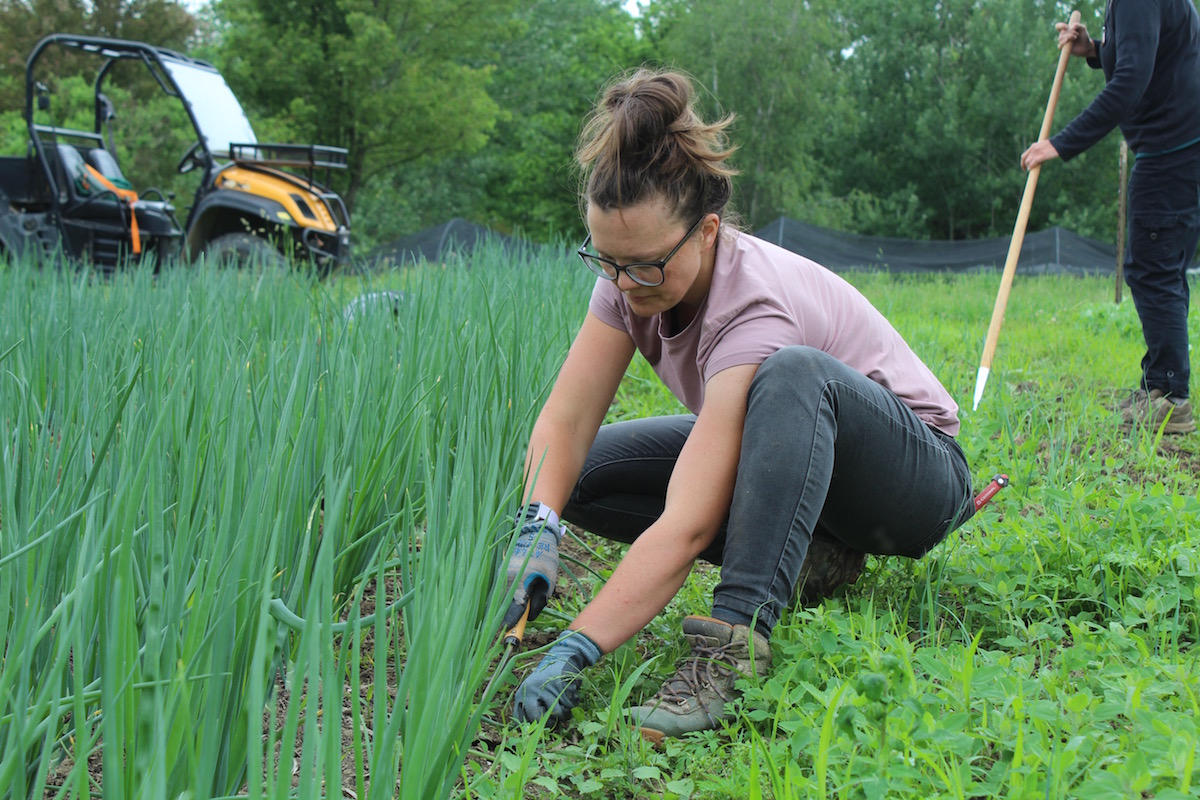
Stepping aside
For most people, farming is also a calling. No one gets into farming because it seems like a quick way to get rich. It comes with a lot of emotional strings attached. That can make leaving even harder, even when it’s the right thing to do.
Realizing that it was time to pull back was a process for Pettibone. Like many farmers, she considered farming to be a major part of her identity. She thinks farming on a personal scale may always be part of her life.
“Livestock farming, for me, has always been a way to re-touch base with myself and environment and place in the world, so it is very meaningful to me, still,” she said.
But she’s been happy with the decision so far. She doesn’t miss the hustle. She urges aspiring farmers to find ways for agriculture to enrich their lives, even if that’s different than how some people tell them they should farm. She also doesn’t want other farmers to be afraid to leave agriculture if it’s not working for them.
“Look at the way your life is and look at what you would like your life to be like. If ag doesn’t fit in with that, then that’s OK,” Pettibone said. “Don’t let farming kill you. It should help you. It should make your life better … and if it’s not doing that anymore, then you can do whatever you want.”
(Reporter Rachel Wagoner can be contacted at 800-837-3419 or rachel@farmanddairy.com. Reporter Sarah Donaldson contributed to this story.)


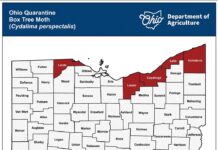


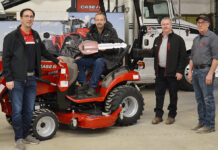




I just read your article about the challenges of being a beginning farmer! It’s great that you are writing about this topic. I think it’s important to be transparent and honest with these challenges because they are too often overlooked or swept under the rug! The skillset for farming has changed over time as well. As technology advanced, there were fewer people needed for tasks like harvesting crops by hand, so more mechanized work was introduced into the tradition craft. However, now that many farm jobs have been automated, there is less need for manual labor which means that those who would historically fill these roles are out of luck when it comes to securing work in agriculture. T